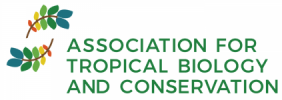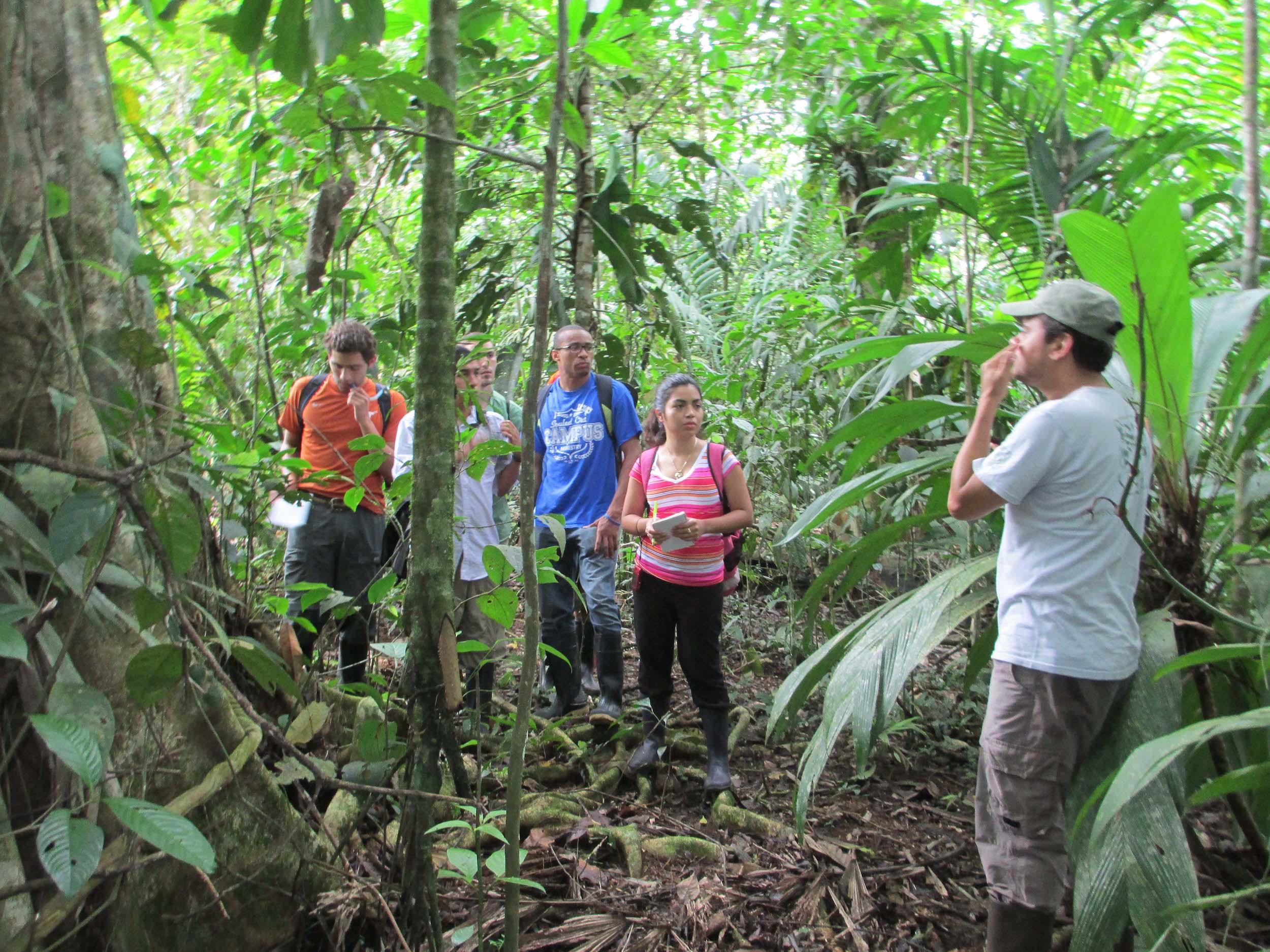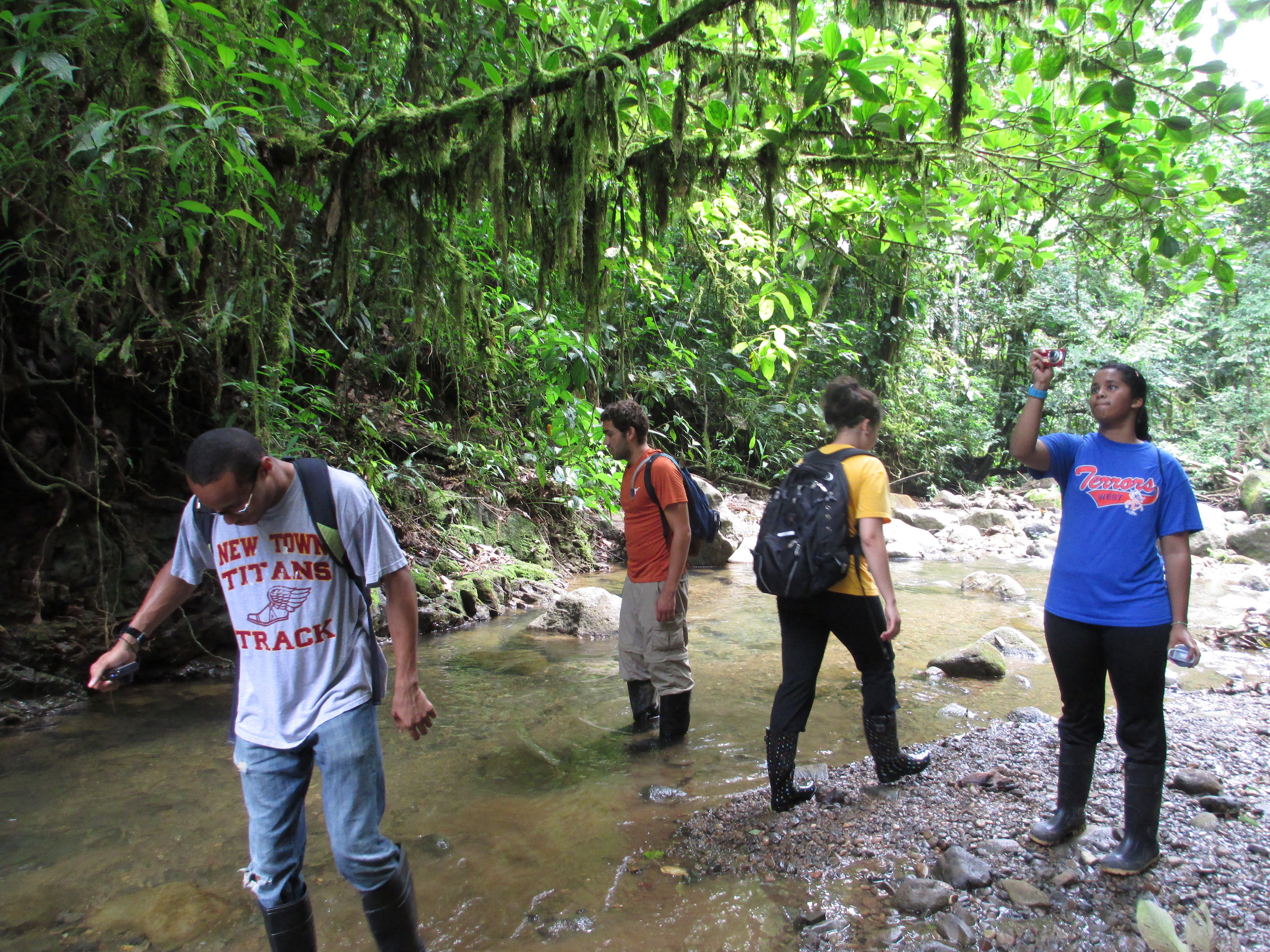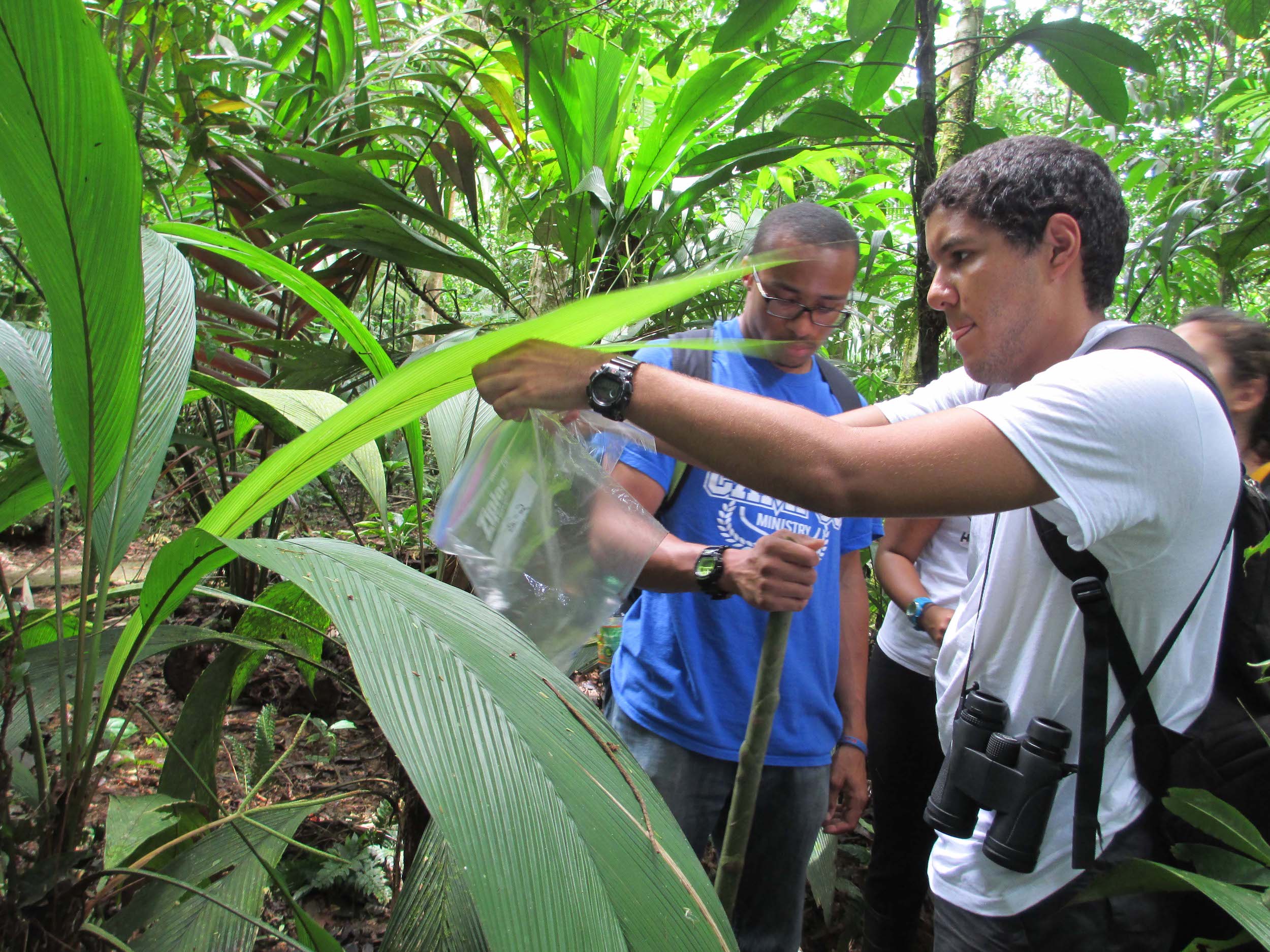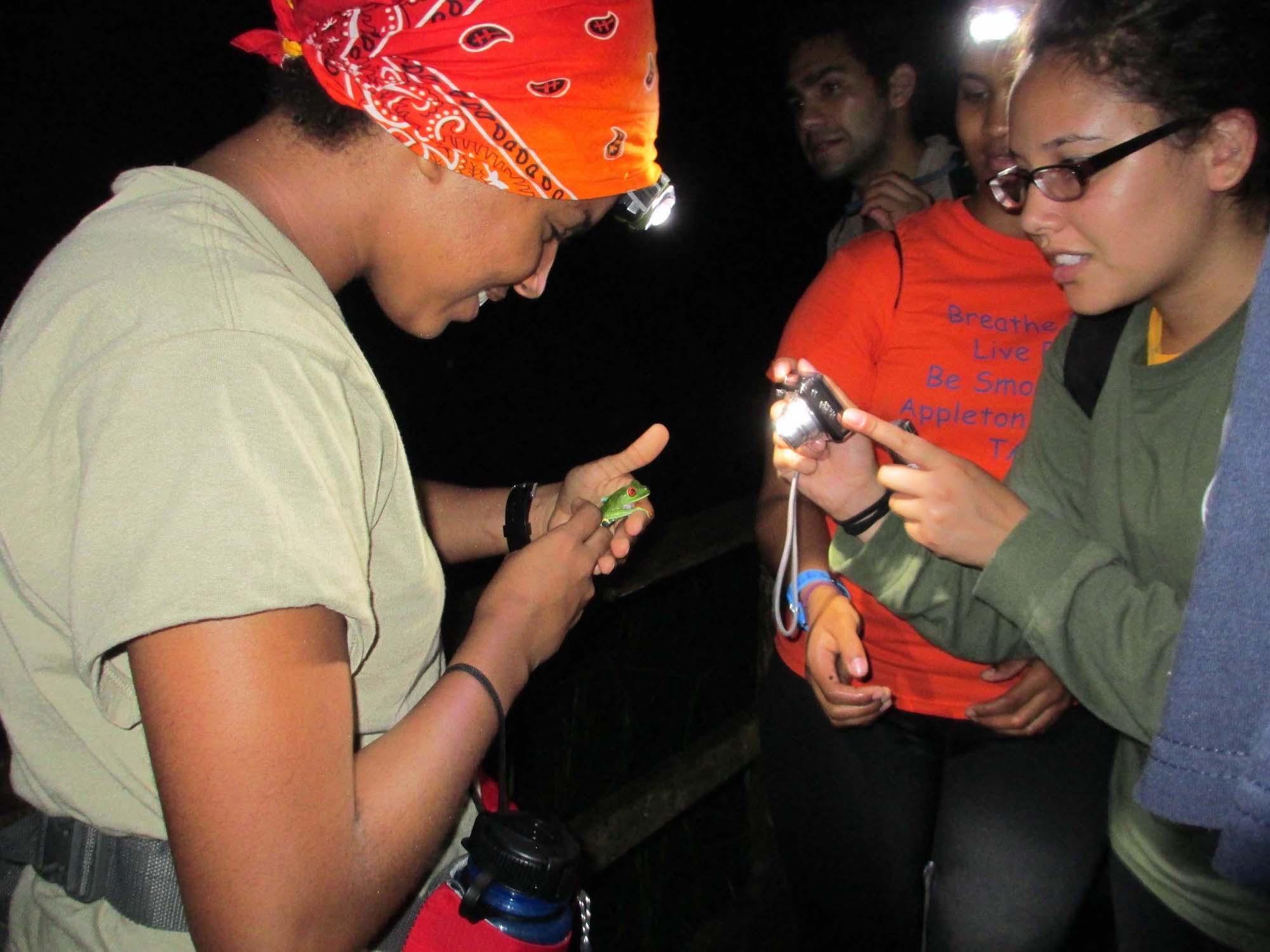Teaching Tropical Biology and Conservation
SEPTEMBER 16, 2020 | 3-5PM (EST)
Teaching tropical biology and conservation offers great opportunities for students to broaden their understanding of the natural world and gain a deep appreciation of the diversity of life on Earth. Given the complexity of tropical ecosystems, tropical biology education also offers a rich array of biological problems, in addition to an introduction to diverse systems, and a variety of engaging topics for classroom-based activities. Despite that, most teaching materials and textbooks available to date focus on the Temperate regions of the World. In this webinar, we will discuss how we can diversify and integrate tropical biology education across borders and disciplines, as well as how we can use evidence-based teaching approaches to promote active learning in Tropical biology and conservation. We will also explore how research-based modules can be useful for teaching tropical biology and conservation by highlighting the work conducted by OCELOTS (i.e., Online Content for Experiential Learning of Tropical Systems), a network of tropical ecologists, educators, media specialists, and database engineers who are developing an open access platform for research-based modules in tropical biology and conservation. We also take this opportunity to invite the community of tropical biologists and conservationists to contribute to this effort.
Moderators

Ann Russell
Iowa State University

Mitchell Aide
University of Puerto Rico
| Time (EST) | Topic | Speaker |
| 3–3:25PM | Field Courses as a Means to Diversify and Integrate Tropical Biology Education Across Borders and Disciplines | Jenny Stynoski & Ursula Valdez |
| 3:25–3:50PM | Evidence-Based Teaching Approaches and Active-Learning Online | Suzanne Macey |
| 3:50–4:15PM | Open Access Teaching Modules and Resources | Rebecca Hardin |
| 4:15–5PM | Q&A | All Speakers |
Field courses as a means to diversify and integrate tropical biology education across borders and disciplines
Jenny Stynoski
Universidad de Costa Rica, Costa Rica
@jstynoski
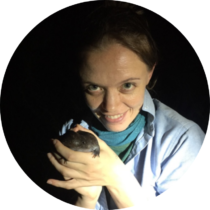
Ursula Valdez
University of Washington Bothell, USA
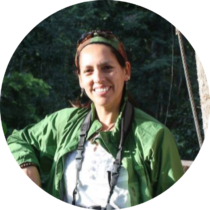
Field courses in tropical ecology offer students exceptional hands-on opportunities both for scientific training and for nurturing self-efficacy. However, there is tremendous potential for such courses to diversify the field, via the inclusion of students from diverse backgrounds and especially participants from the tropical host country. Integration of in-country collaborations with local faculty, students, NGOs, and government agencies within courses fosters growth and mutual respect. Such experiences bring students beyond mere data collection in traditional field projects and set the stage for the wider recognition that Tropical Ecology and Conservation require the inclusion of tropical communities, local expertise, and interdisciplinary perspectives. We suggest that learning objectives in tropical field courses should include competency in cross-cultural collaboration with local students, faculty, and stakeholders, so that the next generation of tropical ecologists from diverse backgrounds can develop the tools needed to face forthcoming global socioecological challenges.
Evidence-based teaching approaches and active-learning online
Suzanne Macey, American Museum of Natural History (AMNH), USA | @Suzanne_Macey

The evidence is clear: for over three decades, research has shown that active teaching enhances students’ development of the knowledge, skills, and attitudes they need to be effective scientists and professionals. During this session, Dr. Macey will give an introduction to the principles behind evidence-based teaching, including topics related to inclusive teaching, alignment, and assessment. Additionally, this session will provide examples of strategies for integrating active teaching techniques in the classroom, with a particular emphasis to online scenarios.
Open access teaching modules and resources
Rebecca Hardin, University of Michigan, USA | @rebeccacademy
 The current moment, characterized by resurgent indigenous knowledge and digital citizenship advocacy for underserved and/or mobile communities worldwide, offers crucial challenges and opportunities. The Learngala platform for multimodal, multilingual learning modules embodies a conceptual framework of socially embedded technological innovation. “Craft tech,” commensurate with the reach needed for teaching to global environmental challenges, is nonetheless anchored firmly in local relations of collaborative co-creation of content and features for classroom and community learning. With intuitive author tools open to all, branded libraries of reviewed content, and immersive, multimodal features it can complement conventional classroom teaching in crucial ways. Hardin walks through modules in the making, to show how that such responsively designed, adaptive software development offers crucial infrastructural and interactional support for decolonizing curricular processes. Further, it enables educators themselves, with a range of field partners, to “bootstrap” content relevant to ecological theory and management in this challenging period for field-based teaching and research.
The current moment, characterized by resurgent indigenous knowledge and digital citizenship advocacy for underserved and/or mobile communities worldwide, offers crucial challenges and opportunities. The Learngala platform for multimodal, multilingual learning modules embodies a conceptual framework of socially embedded technological innovation. “Craft tech,” commensurate with the reach needed for teaching to global environmental challenges, is nonetheless anchored firmly in local relations of collaborative co-creation of content and features for classroom and community learning. With intuitive author tools open to all, branded libraries of reviewed content, and immersive, multimodal features it can complement conventional classroom teaching in crucial ways. Hardin walks through modules in the making, to show how that such responsively designed, adaptive software development offers crucial infrastructural and interactional support for decolonizing curricular processes. Further, it enables educators themselves, with a range of field partners, to “bootstrap” content relevant to ecological theory and management in this challenging period for field-based teaching and research.
